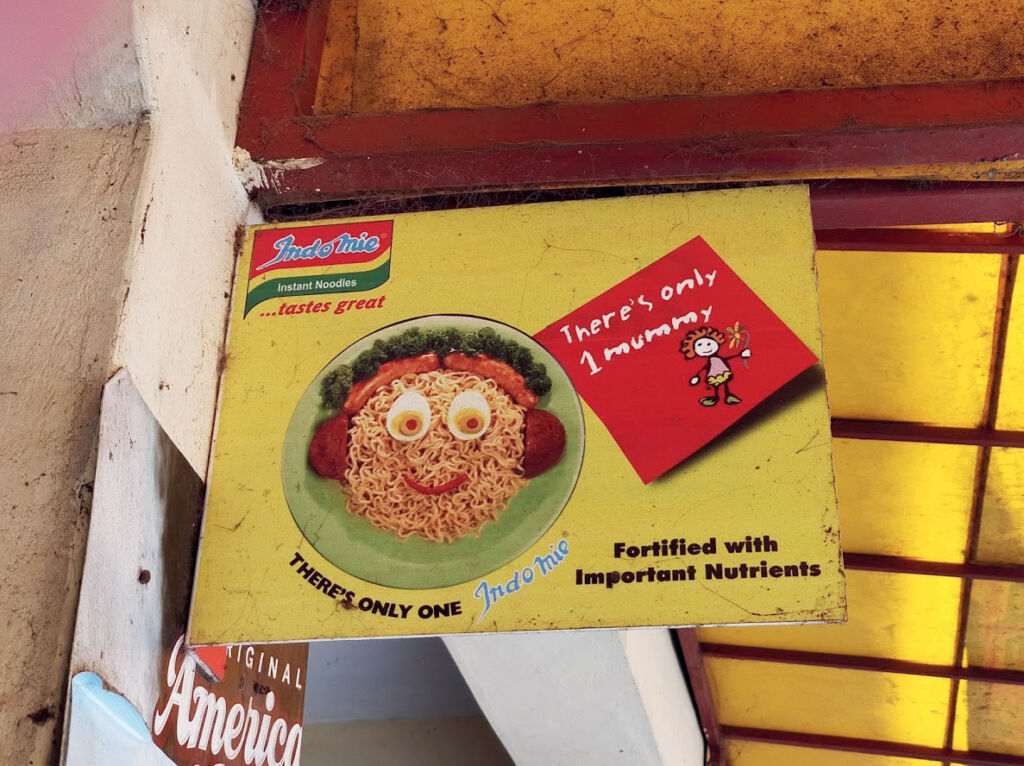[LUM#15] Towards food democracy
Restoring confidence in local food to limit the ravages of junk food. These are the recommendations of a team of researchers who mapped the food environment in major African cities.

It is a global scourge with serious consequences, and one that does not spare the African continent, where obesity is gaining ground, particularly in large cities. In Ghana and Kenya, nearly half of all women are overweight or obese, with the accompanying risks of diabetes, cardiovascular disease, and other chronic illnesses.
Why is this phenomenon becoming so significant? And above all, how can it be alleviated? To better understand the issue, a team of international researchers visited residents in three disadvantaged neighborhoods as part of a project involving nutrition and social science researchers from French teams atIRD and CIRAD in Montpellier and universities in England, Ghana, and Kenya. "We really worked with the residents," emphasize Michelle Holdsworth and Nicolas Bricas, "asking them to take photos of where they shop and the factors that influence their daily diet in order to better understand their food landscape, " explain the researchers from the Moisa* laboratory.
Popular supermarkets
Snapshots that highlight a shift in eating habits: "Industrial food is favored over traditional local foods, which are more readily available at informal outlets such as kiosks or street stalls, " the researchers note.
Why are residents turning to these products more and more? "Packaged foods, which are low in nutrients but high in fat and sugar, are easily accessible and heavily advertised in these poor communities, " explains Michelle Holdsworth. And these aren't the only reasons. "People are concerned about poor hygiene at informal distribution points, and the fear of food poisoning is very real, " adds Nicolas Bricas. This fear drives residents, reassured by the safety of packaged food, toward foods and beverages that are too fatty, salty, or sweet.
Consultation
To reverse this trend, "we need to restore confidence in local food by enabling small-scale producers to work in good hygienic conditions: setting up sanitary processing and catering facilities, organizing waste collection, etc." Support for "small-scale popular catering" must above all be provided in consultation with local residents. "These solutions for the future must be devised together through ongoing discussion with all residents. In particular, we must ensure that these changes do not create extra work for women, who are the first to be affected, " warn the experts.
After this essential dialogue with residents, researchers are turning to policymakers to incorporate these recommendations into urban planning policies, among others. "It should be viewed as a true food democracy, " conclude Michelle Holdsworth and Nicolas Bricas. The goal is to redesign a healthier food landscape that benefits not only health but also the local economy.
Find UM podcasts now available on your favorite platform (Spotify, Deezer, Apple Podcasts, Amazon Music, etc.).